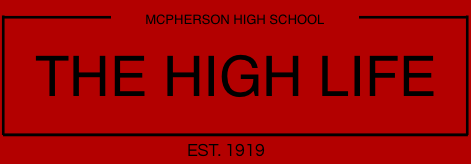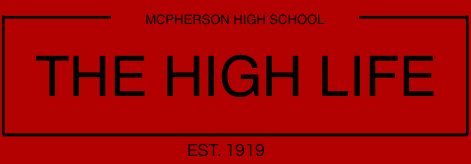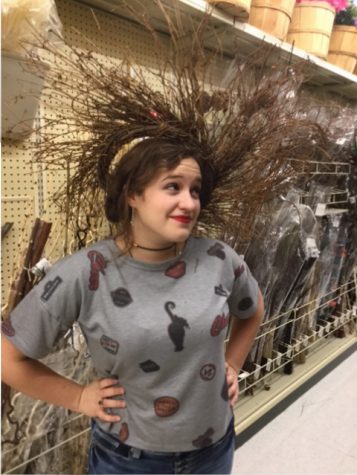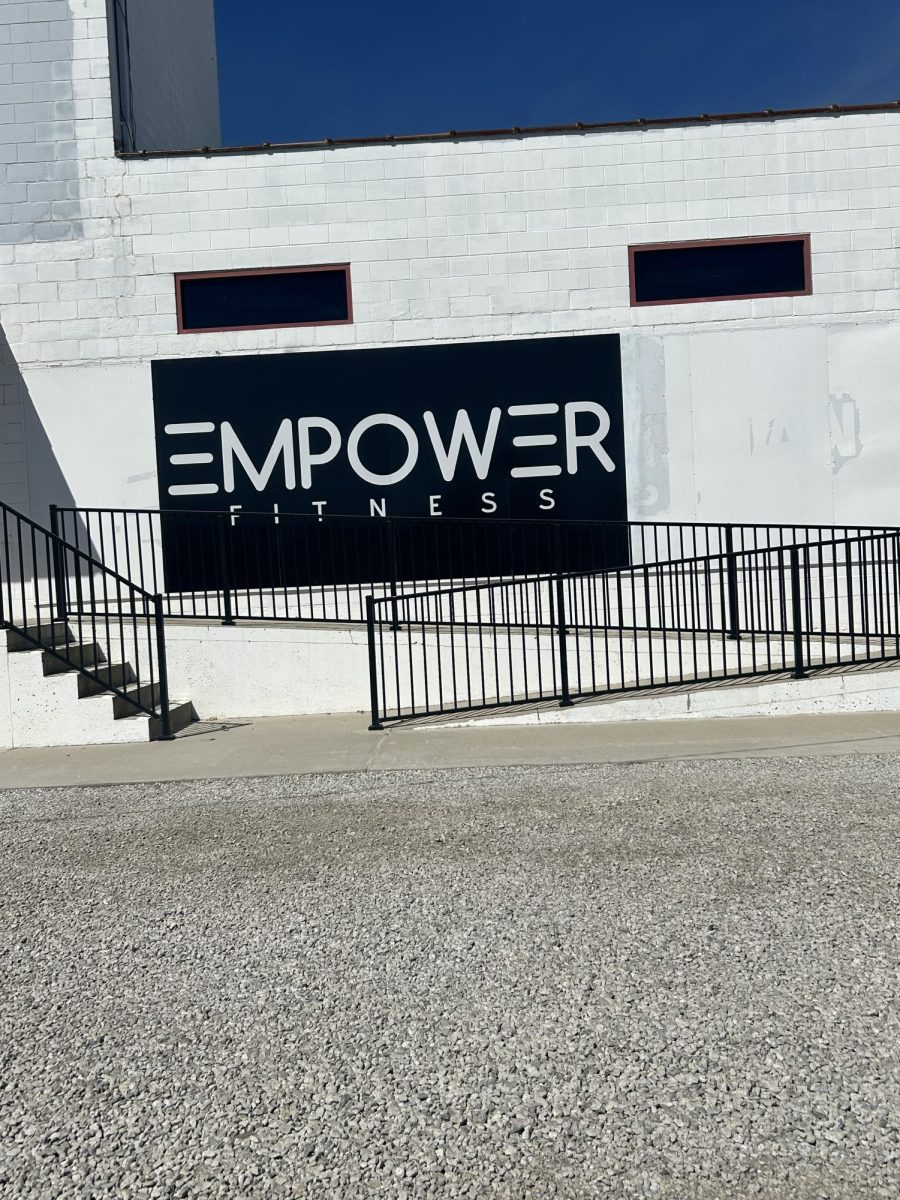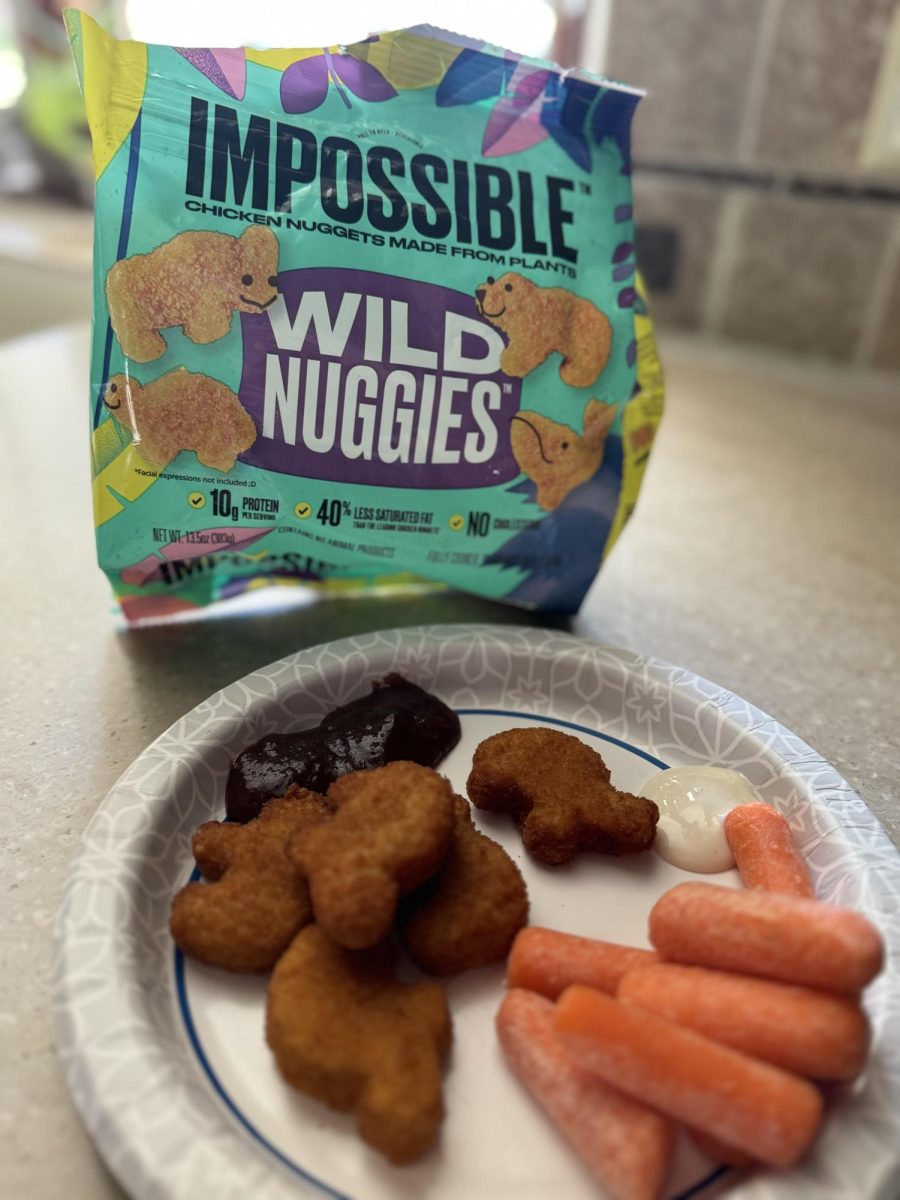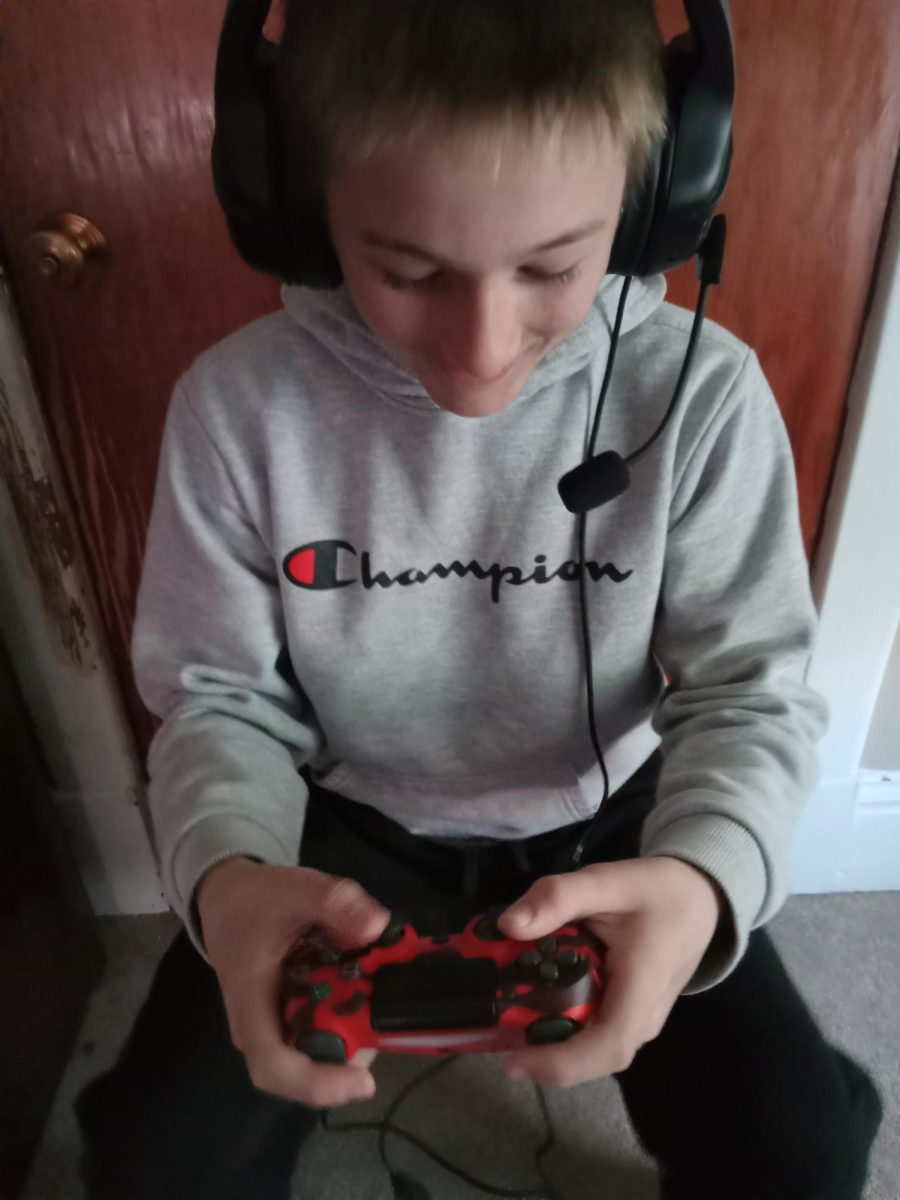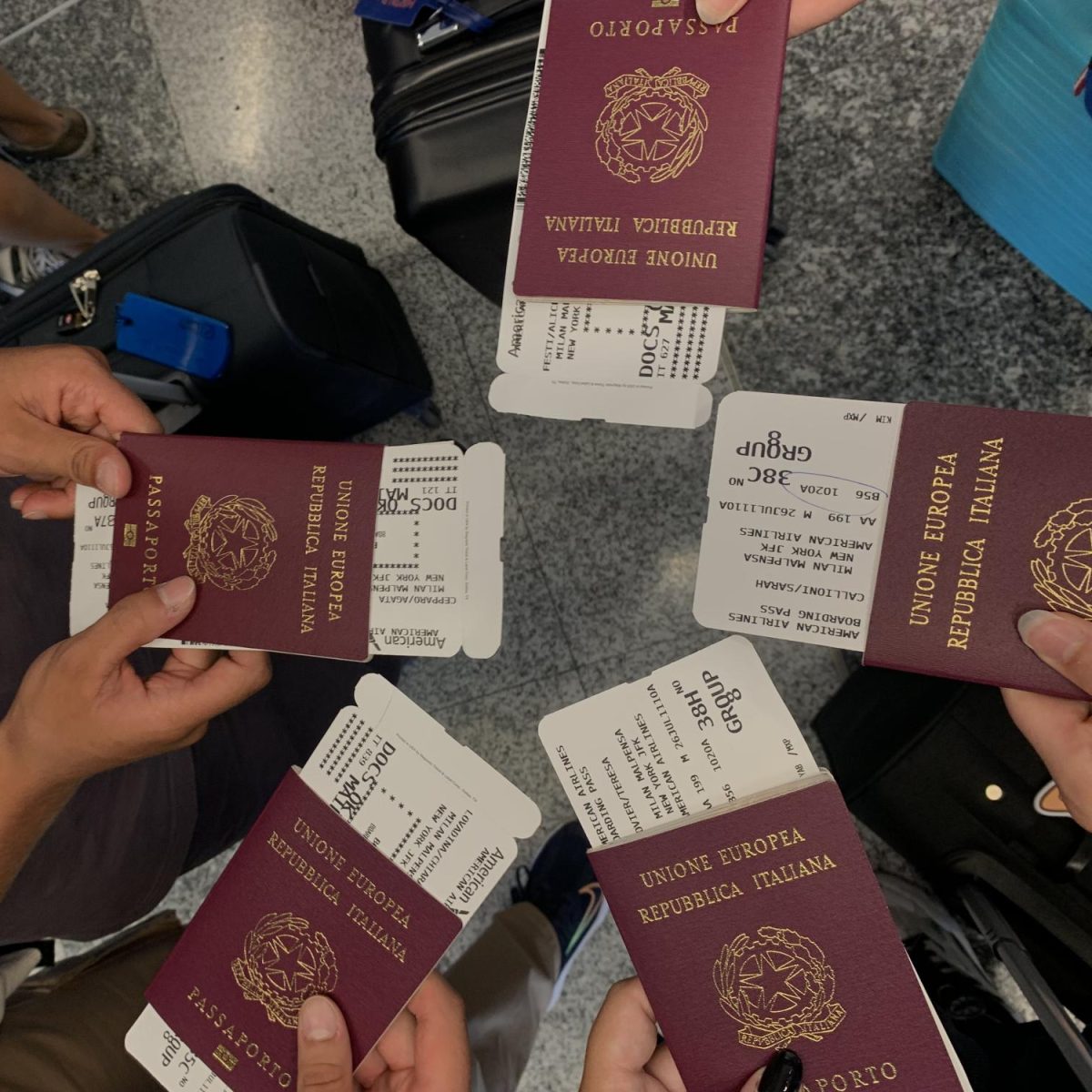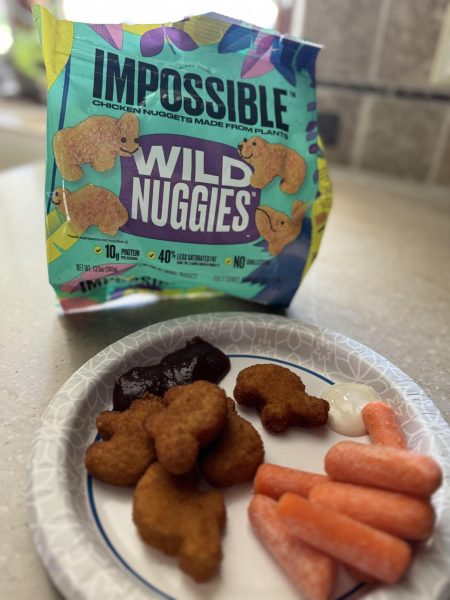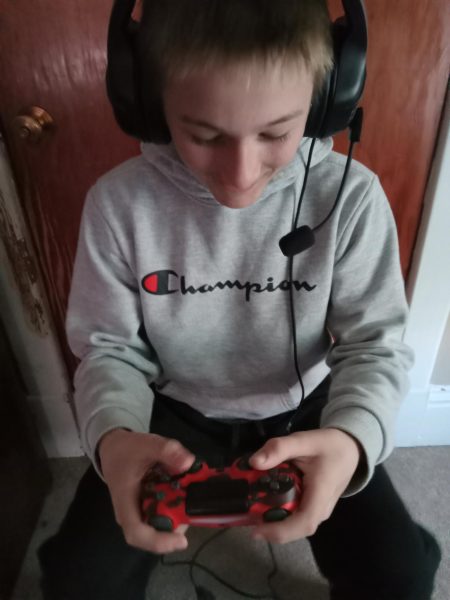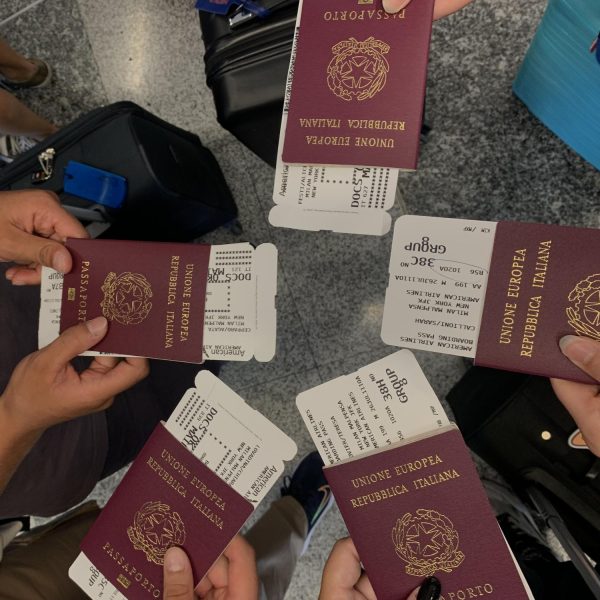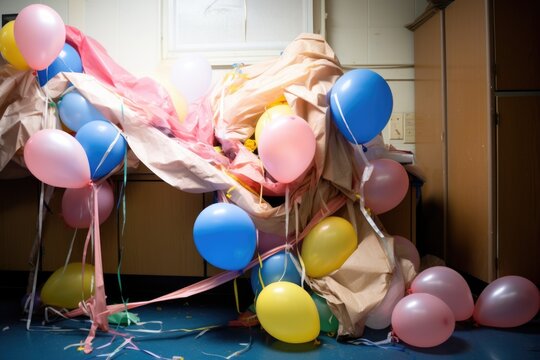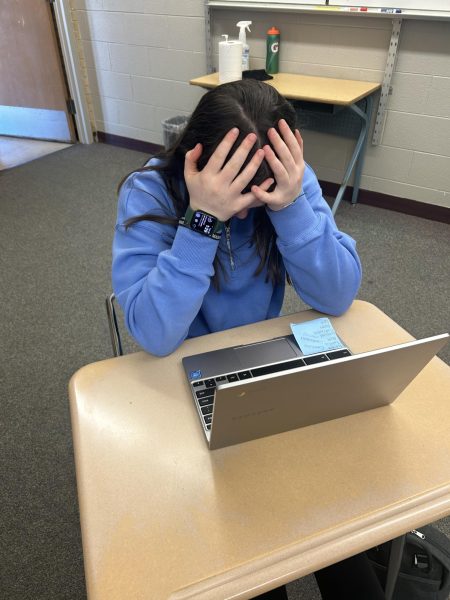Zombie Culture
January 6, 2017
“‘There’s no more room in hell.’ His face was set in a grim expression, his eyes downcast. ‘What?’ Steve spun around, not believing what he had just heard uttered. Peter took the wide-brimmed hat off his head and wiped his forearm across his sweating brow. He leaned against the railing and gazed long and hard at the couple. Somethin’ my grandaddy used to tell us. You know Macumba? Voodoo? Grandaddy was a priest in Trinidad. Used to tell us, ‘When there’s no more room in hell, the dead will walk the earth!’”
The excerpt above is taken from George A. Romero’s 1978 classic novel, Dawn of the Dead. Dawn of the Dead, as it may be inferred from the title, is about the apocalypse and the walking dead- zombies and the end of the world. Romero’s novel and movie adaption started the swarm of zombies that we see today in pop culture. While Dawn of the Dead helped launched an entire franchise, it was definitely not the start of our fascination with the walking undead.
Zombie stories actually started popping up in the 17th and 18th century in Haiti. The original zombie reflected the miseries and hardships that slavery brought upon natives. After death, it was believed that you’d be set free. However, if a person committed suicide, they were doomed to walk the Earth in their rotting carcass. The beginning of the undead was a grim myth, told to deal with grief and suffering. Once slavery was thrown out, the zombies still remained. They evolved to fit the emerging culture, but they still remained in essence the same. They continued to represent a fear of being re-enslaved for some time, even though the underlying fear was slowly chipped away by the fear of necromancy and sorcery.
Voodoo practices came into the forefront of Haitian culture, and the scars of the past melted off the new generations and off of the new generation of monsters. While the symbolism was leaching out of the Haitian zombie, it wasn’t fully forgotten until Americans seized the creature for their own stories and entertainment.
The zombie did, at least in the past, get American fears projected on itself as well. However, in the last couple of decades, the zombie has simply become an interesting story. With the comic series and television show, The Walking Dead, and many other popular media outlets featuring our undead friends, everyone has experienced these stories. Perhaps in a dystopian future, zombies will have the nation’s fears ingrained in their decaying bodies once again. For now, though, zombies give us another interesting aspect of fantasy to explore and enjoy.

